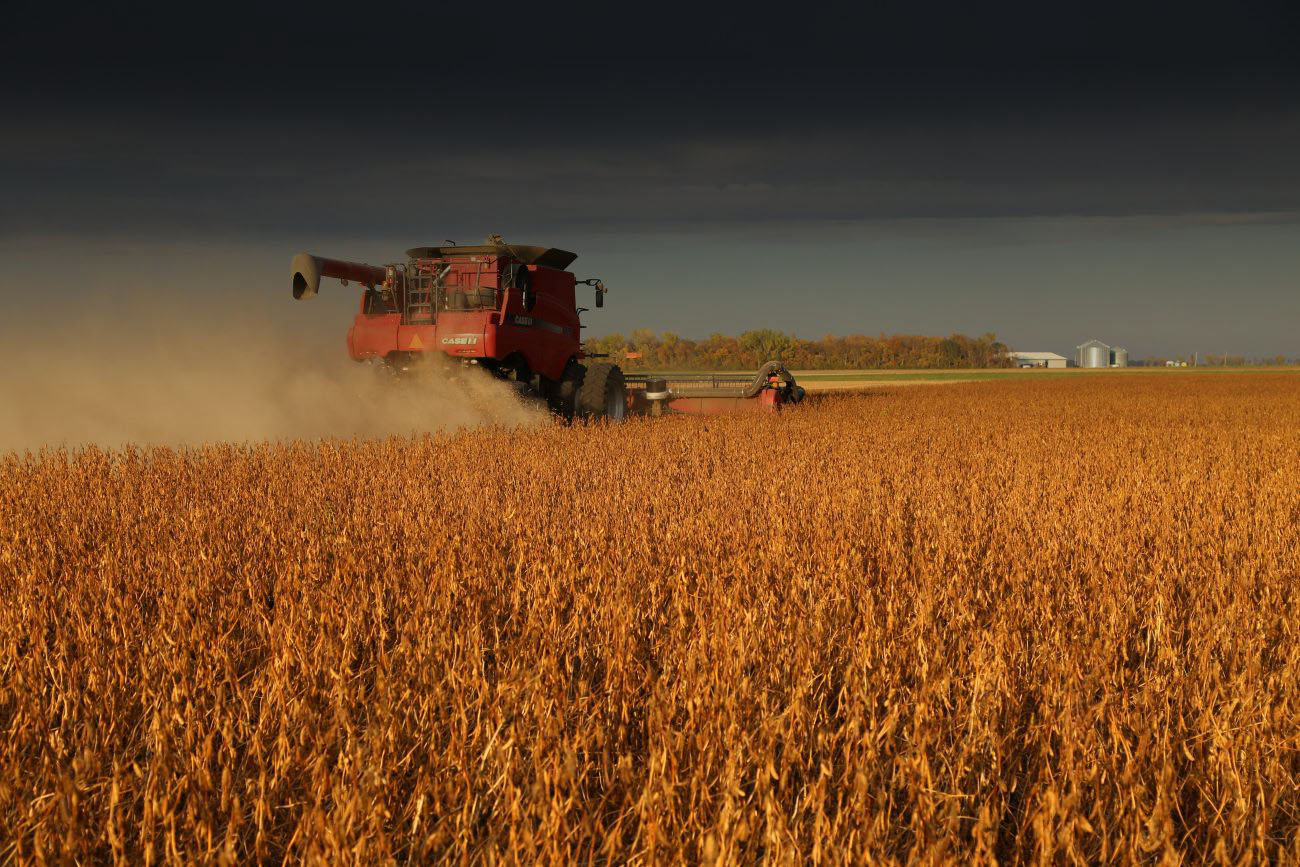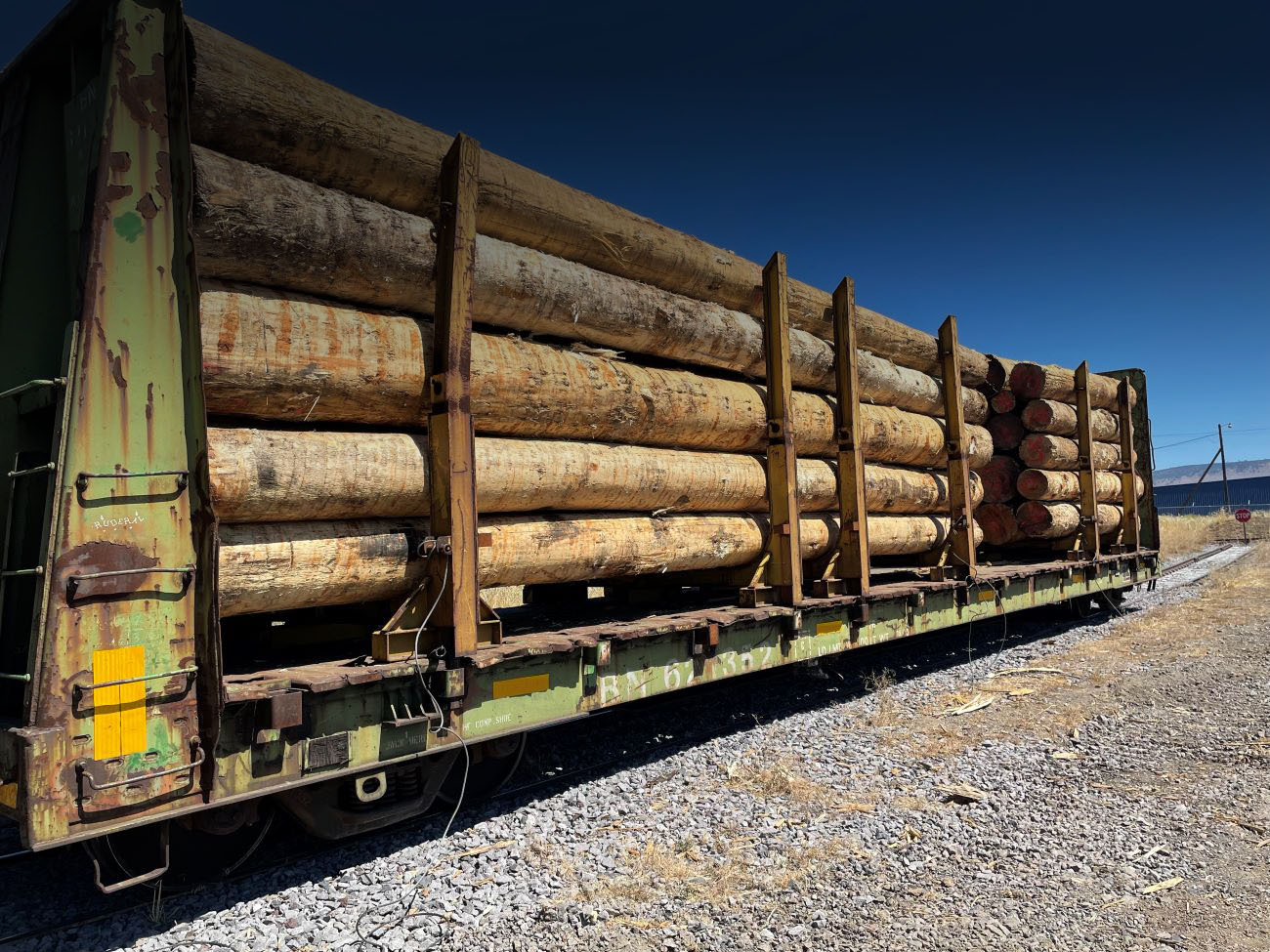BNSF’s confection connection keeps getting sweeter with time

As you shop for Halloween candy you may be intrigued to learn that BNSF played a role in bringing that sweet treat to market and ultimately store shelves. For years, BNSF has served as a key transportation provider for United Sugar – moving sugar beets from fields to refineries and bulk sugar to notable candy producers.
United Sugar Producers & Refiners, formerly known as United Sugars Corp., is a cooperative made up of four leading producers and refiners. Essentially, United oversees the marketing, sales and supply chain logistics, while the four member companies can focus on what they do best – manufacturing sugar.
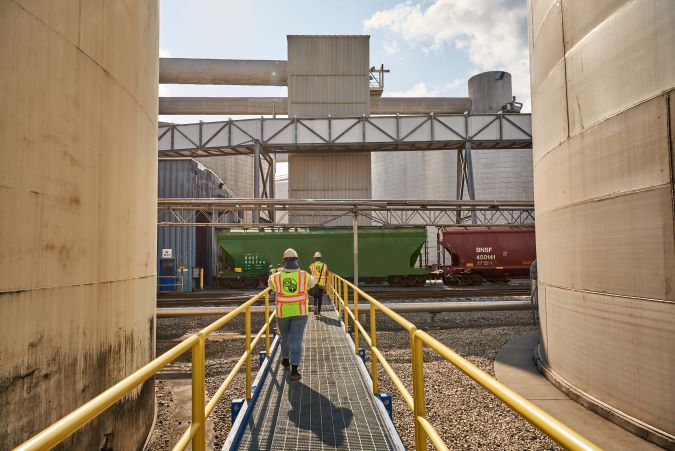
BNSF’s Cesar Ortiz, manager, Marketing, manages the United Sugar account. He described the wide extent of the transportation services we provide United.
“United markets and sells the outbound sugar, but the plants themselves also need limestone, rock, coal and other commodities to process the sugar," Ortiz said. “We're not only handling the outbound moves, there's also a lot of inbound traffic we're transporting that these plants use to make sugar. It's a full-circle process."
It all begins with sugar beets being planted in the spring, in the Red River Valley, near the border of Minnesota and North Dakota. Once the beets are harvested in the fall, they are trucked to the plants and stored outdoors until they're needed for processing.
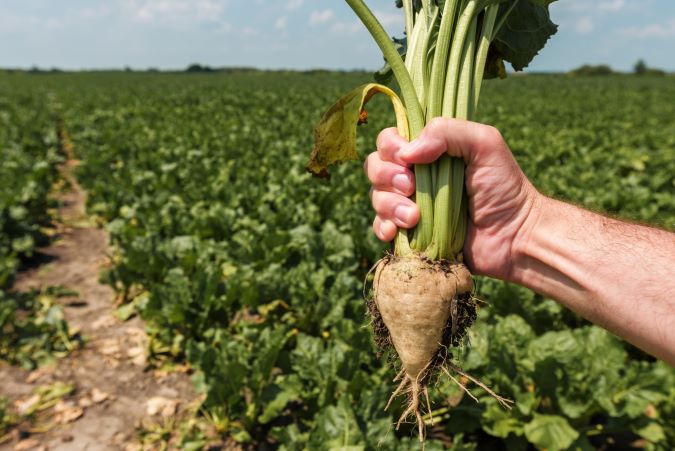
The sugar beets are then processed at the plants with other materials that BNSF helped transport inbound to the factories.
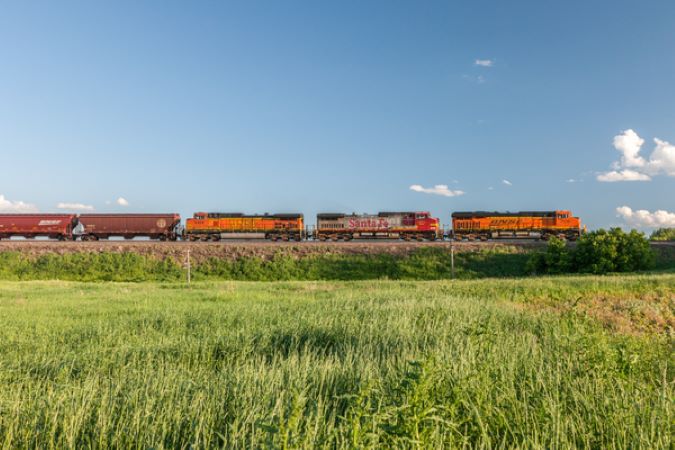
For the most part, the various sugar beet processing facilities are served by rail. Once loaded, the railcars travel all over the BNSF network to satisfy the insatiable demand for sugar in the U.S. Some major markets for United are in the northeast. To serve these markets, BNSF takes the sugar cars as far as Chicago where we interchange with eastern railroads.
BNSF also collaborated with United to locate two massive rail-served sugar storage domes in Montgomery, Illinois. Each dome can accommodate about 660 railcars of bulk sugar and each dome is filled and emptied twice each growing season.
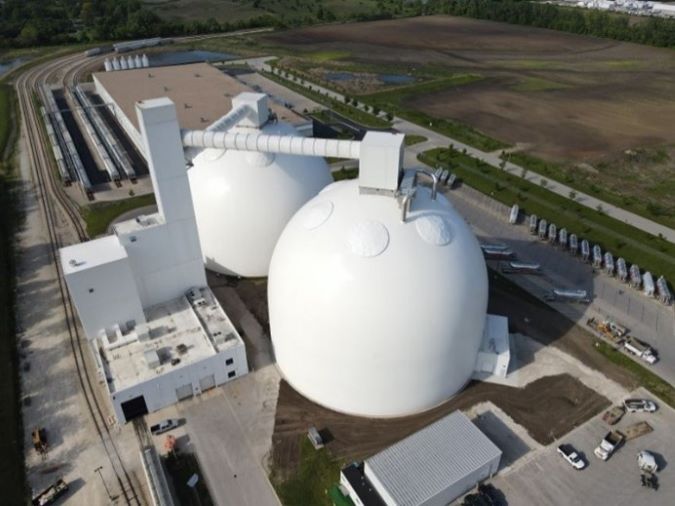
“There are two ways the sugar is distributed,” Ortiz added. “They either put the bulk sugar in a hopper car and send it to notable and familiar food and beverage brands. They receive inbound bulk shipments of rail, unload them, and use that sugar in their production of their sweet and savory products. Then there's the boxcars that ship packaged sugar. The plants ship either palletized 25–50-pound bags or five 10-pound bags to warehouses or bakeries that purchase the bags."
Throughout the years, BNSF has successfully collaborated with our customers to find solutions that meet their needs.
“One area that we've partnered with United on is utilizing more boxcars to take advantage of the economies of rail," Ortiz said. “Our boxcar manager, Josh Paz, on the equipment team has helped tremendously on that. United came to BNSF with a market need and opportunity and we have delivered with strong boxcar order placements and consistent service."
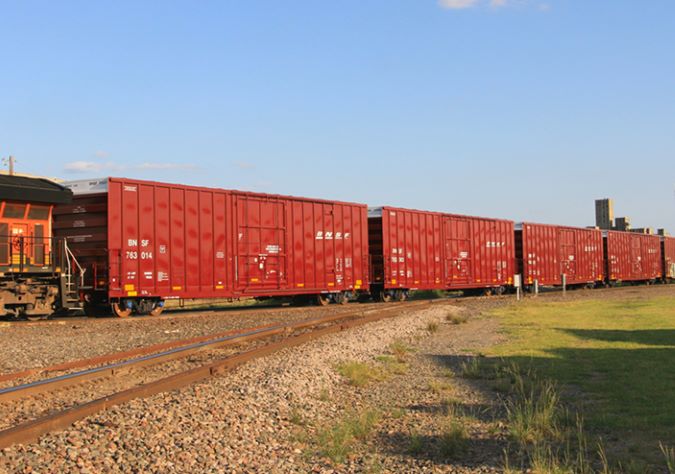
In addition, both companies also share safety as a top priority. “United and BNSF collaborate with the receiving customers with railcar unloading by offering a rail unloading system review and instructional video including preferred methods and equipment," said Mike Barth, vice president, Transportation at United.
America has a sweet tooth that isn't going away anytime soon, which is great because sugar serves a purpose beyond just sweetness. Sugar's other functional properties include balancing acidity and adding bulk to preventing spoilage. Because of its versatility, sugar can't be replaced by another single ingredient.
So, as you shop the candy aisles, think about how those sweets got there. Last year alone, United shipped enough sugar with BNSF to produce 61 billion candy bars.

